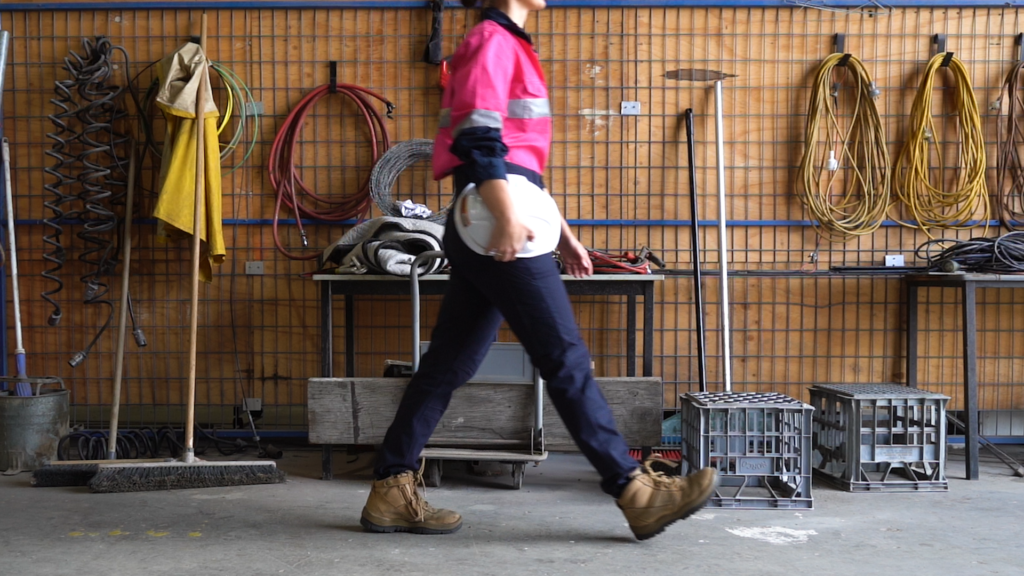Popular Posts
Many tradies dream of being their own boss one day. Once you’ve finished your apprenticeship and gained some experience, opening a small business is a great way to work on your own terms. However, starting a trade business isn’t a decision to be taken lightly.
If you’re wondering how to set up as a sole trader, this article covers everything you need to know. Whether you’re a builder, plumber, carpenter, electrician or a jack of all trades, these tips will help get your business off to a strong start.
Get Experience as a Subcontractor
Eager to start your own business but don’t feel ready to take the plunge? Working as a subcontractor will help increase your experience and confidence. Subcontractors carry out work for companies as part of a larger project, providing their services on a non-permanent basis.
Some tradies make the transition to subcontracting simply by switching from being an employee to a subbie for the same company, whereas others work as subbies for many different businesses. Even though you’ll have less support and stability as a subbie, it also offers more freedom to pick and choose jobs.
Structure Your Business

Once you’ve got enough experience to start working for yourself, you’ll need to choose a suitable business structure. The structure that works best for you will depend on your trade and how big you want to grow your business.
A company structures offer more flexibility on taxes and strong potential for growth, although setting up this kind of structure can be more costly. A sole trader structure is less expensive to set up, but liability is a big consideration. Your business and personal matters will be linked as a sole trader, so if something goes wrong with your business it could have a bigger impact on your personal life.
Get Accreditation

No matter what trade you practice, you’ll need to make sure you have the right qualifications, accreditation and permits. Different jobs require various kinds of permits, so ensuring have the right one is essential for maintaining compliancy.
Failing to get the necessary accreditation could compromise your insurance. This means if something goes wrong on a job, you may be liable for costs.
If you’re thinking of starting your own trade business, there are many people you can turn to for advice. Speak to other business owners in your industry to ask for guidance and meet with an accountant for assistance with understanding business finances.
Need to get qualified for starting your trade business? Learn more about what’s involved with getting a trade by visiting our Apprenticeships & Traineeships page today.






